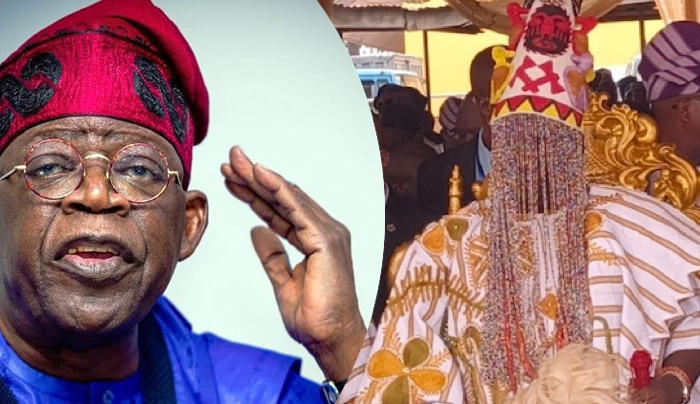CFA, Vice President and Head of Investment Research at CardinalStone Partners, Philip Anegbe, has emphasised the need for a dynamic investment strategy to navigate the global economy.
In an interview with ARISE NEWS on Monday, Anegbe discussed CardinalStone’s 2024 mid-year report, highlighted Nigeria’s economic challenges and opportunities.
“To see your portfolio perform optimally, your strategy needs to be involved,” Anegbe said. “There are expectations of growth across the globe, but those expectations diverge depending on who you read.”
According to the report, Nigeria’s 3% GDP growth over the past three years is insufficient, and the country faced a widening output gap due to low productivity.
Anegbe identified poor education quality, security issues, and infrastructure deficits as key challenges.
“Until we begin to tackle productivity, we won’t make progress,” Anegbe stressed. “We need to take education seriously, allocate more resources to it, and produce entrepreneurs, not just job seekers. We also need to invest in farm infrastructure.”
On the minimum wage debate, Anegbe attributed it to the short-term impact of reforms, including high PMS prices and exchange rate fluctuations.
He advocated for a more predictable foreign exchange environment, saying, “Solve the FX issue; there needs to be more predictability.”
Regarding Nigeria’s debt rate, Anegbe noted that leverage was not inherently bad, but debt sustainability is crucial.
He cited IMF benchmarks, such as debt-to-GDP ratio and reserve coverage, to argue that Nigeria’s debt is sustainable.
“We think Nigeria’s debt is sustainable, and we are leaning fully on measures,” he said.
Anegbe emphasised the importance of strategic investment, citing favorable macros for upstream oil and gas, and banks benefiting from recapitalisation.
He also emphasised the need for education reform. “We should begin to take education seriously, allocation to education is paramount.”
Boluwatife Enome
Follow us on:


















